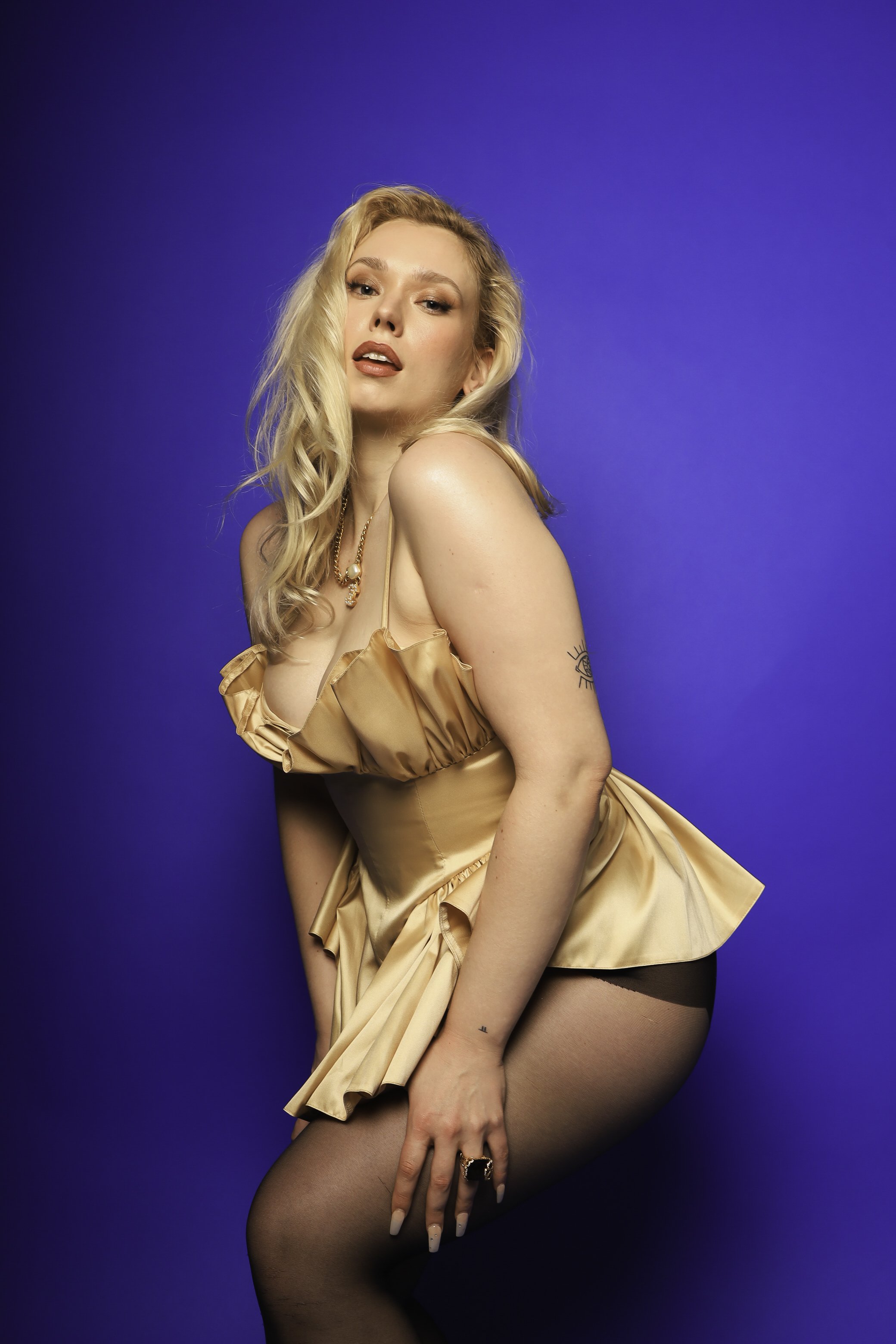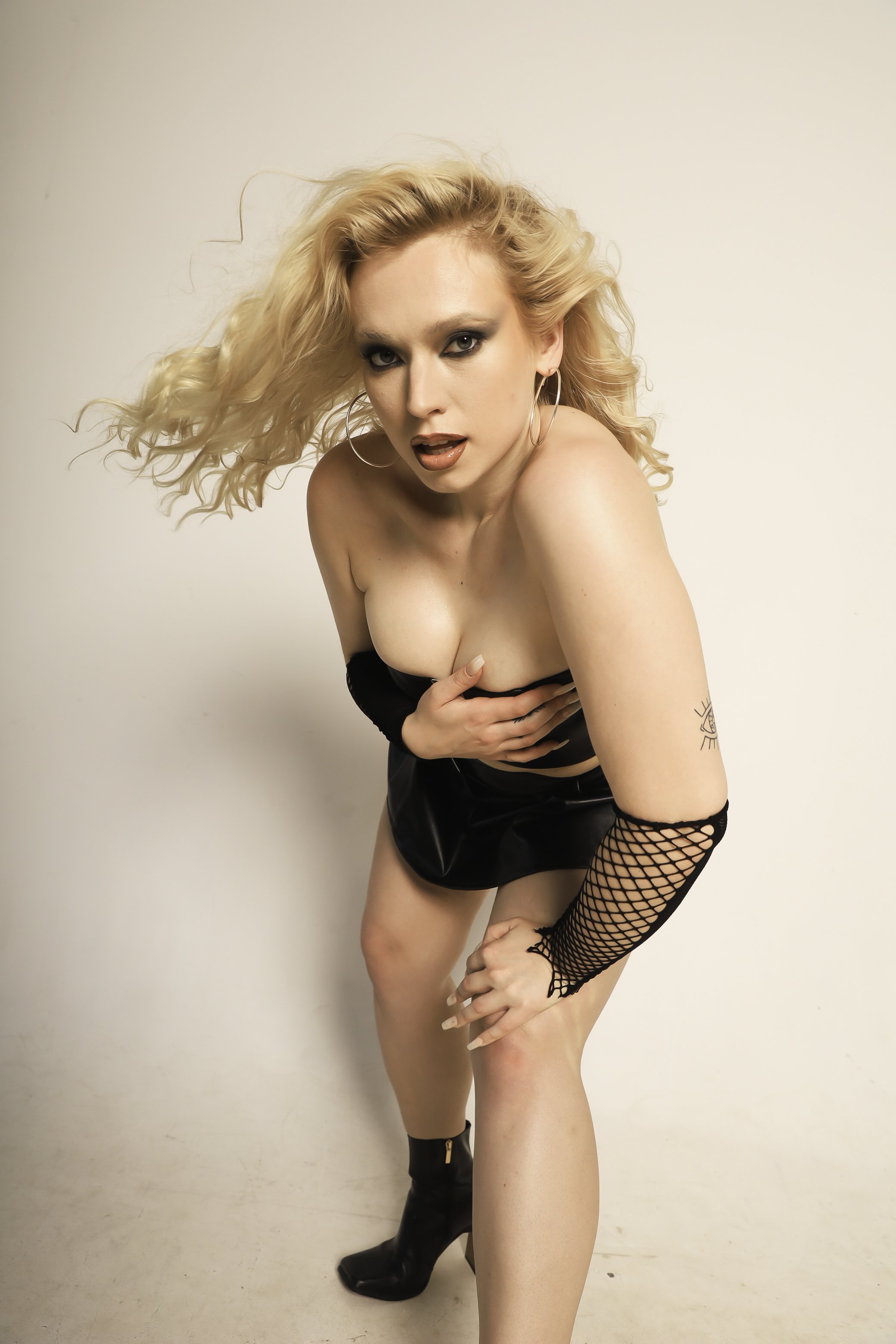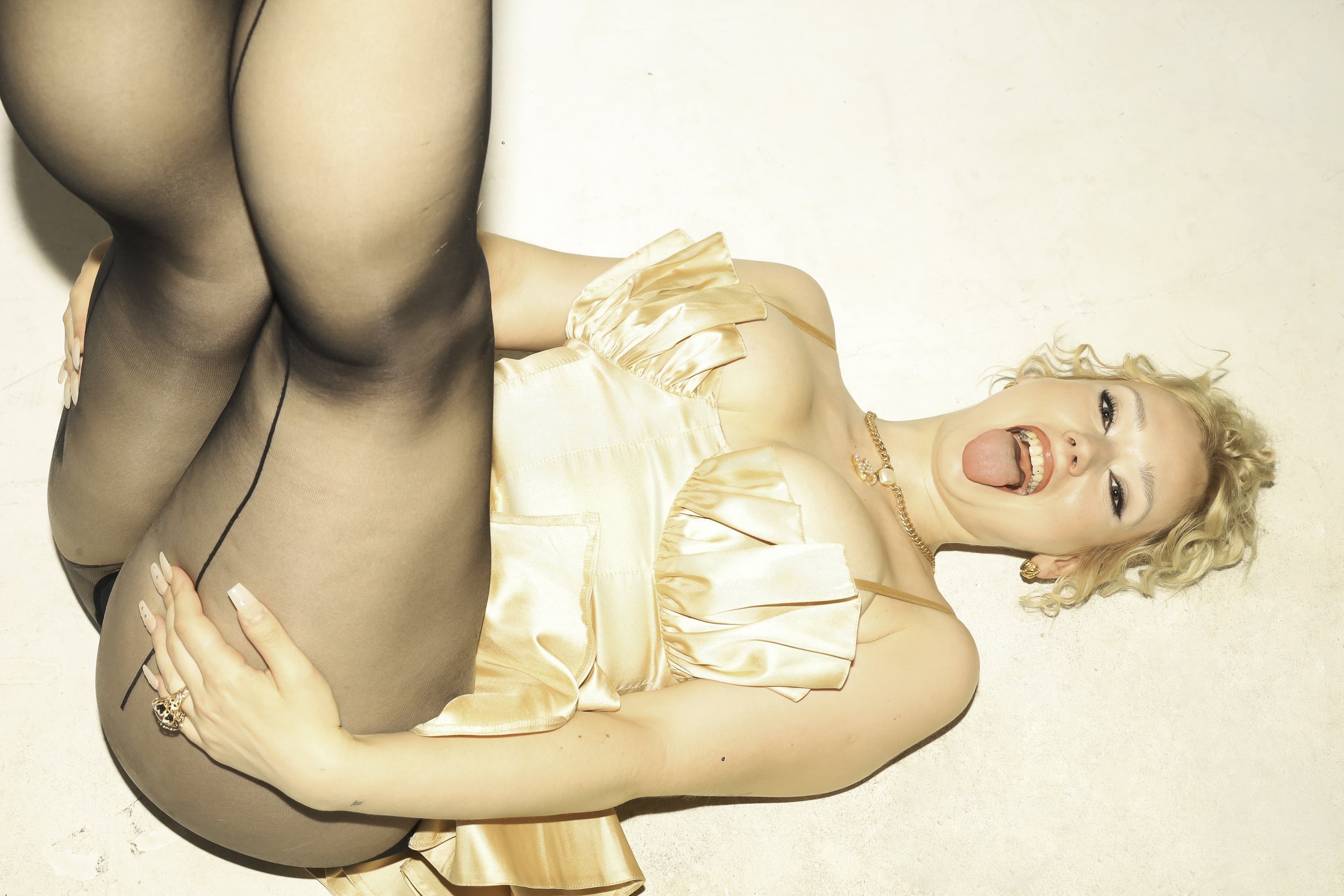
INTRODUCING: ELIZA LEGZDINA
Latvian born Eliza Legzdina has become the poster girl for those aspiring to find strength in their own identity. The staunchness of her message and vocals combines heavily with her strong image as a woman who refuses to be defined by the terms of others.
Her sound could very easily be labeled under umbrella terms of Pop Rap or Garage RnB, but with every release she finds a way to challenge her perceived niche. Her influences stem from the commodities of domestic and international radio as a UK based artist.
Her efforts to restrict her releases for 2022 has built an anticipation for her 4 track LP release ‘Silver Linings’. Each song demonstrates the variety in her taste, both sonically and within subject matter. We were overjoyed to catch a moment with her to discuss where she is at currently on her journey.
Produced by SOPHIE EMMETT
Written by MATHEW SIEBUHR
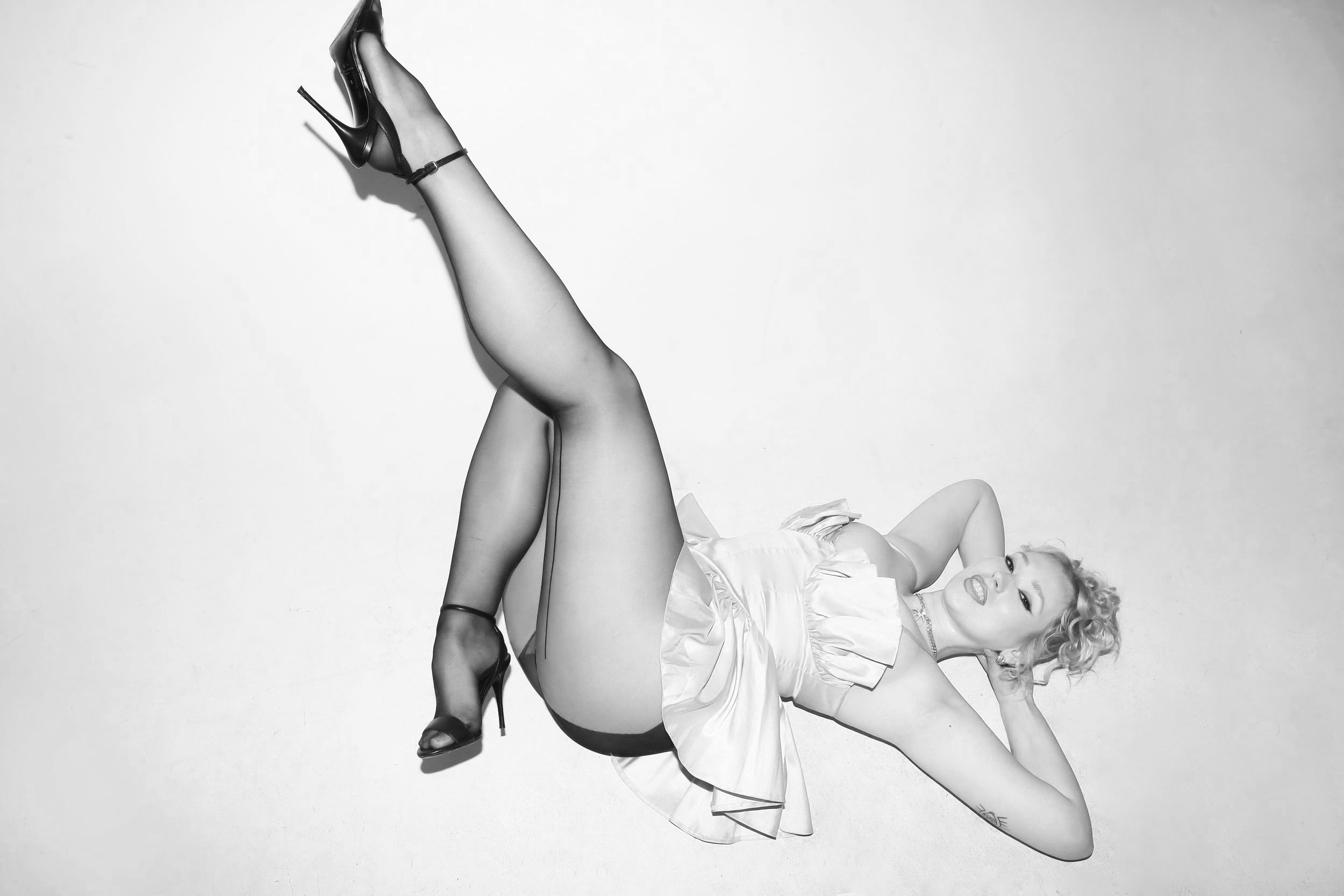
M: What’s the past month been like for you?
E: It’s honestly been great, with my latest releases it’s been the most fun I’ve had on a project; it was challenging in new ways and it’s a blessing when you’re able to do that and make a living. I got really used to releasing regularly, but I chose to hold back to get this project right to build it up. It’s been the second time I’ve released a project and doubted the timing, as I couldn’t predict Queen Elizabeth passing. Obviously you don’t want to have to change course but I’m glad we made adjustments. Life is just twists and turns, it all ends up being worth it.
M: You’ve always been proud of your Latvian heritage, how has that influenced your sound?
E: Well because I went to an international school - which is why my accent sounds North American, for the most part my influences were no different from most with the mainstream sounds, but I have noticed traditional caucasus vocal elements through my music as well. I do feel like I get to stand out in some ways while also being hindered in others.
M: How do you think the response has been considering your sound is more alternative?
E: Well I don’t think my sound is too alternative to be readily received, but I think the biggest thing has been my image. Sometimes people try and project a pushback on my image in saying that it’s a cry for attention. The last time someone gave me that impression, I asked them if they could show me the ‘proper’ way to do it then.
M: What are the biggest challenges for being ‘yourself’ as an artist?
E: I was so worried about being judged. I didn’t start releasing music until I was 24/25, even though I had two music degrees and sung my whole life. I was consumed by the idea that I wouldn't be making Beyonce level albums so to speak. I worked in music tech and music management - almost dancing around the idea. Studio time and open mics allowed me to dip my toes and it eventually became comfortable.
M: Who were some key people within your circle who helped you overcome those obstacles?
E: My First love was a painter - beautiful artist. At one point in our relationship, I realised I loved and supported him so much and I wasn’t giving myself the same energy. The week we broke up, I went out and made some investments into my music and bought gear, and realised it was my turn to give that energy to myself. I’m very lucky to be a part of a community who loves me and holds it down for me when I’m in need. My parents at first had concerns and didn’t always see the vision, but after I stayed committed to my vision they came around to understand what I was trying to do and saw it could be fruitful.
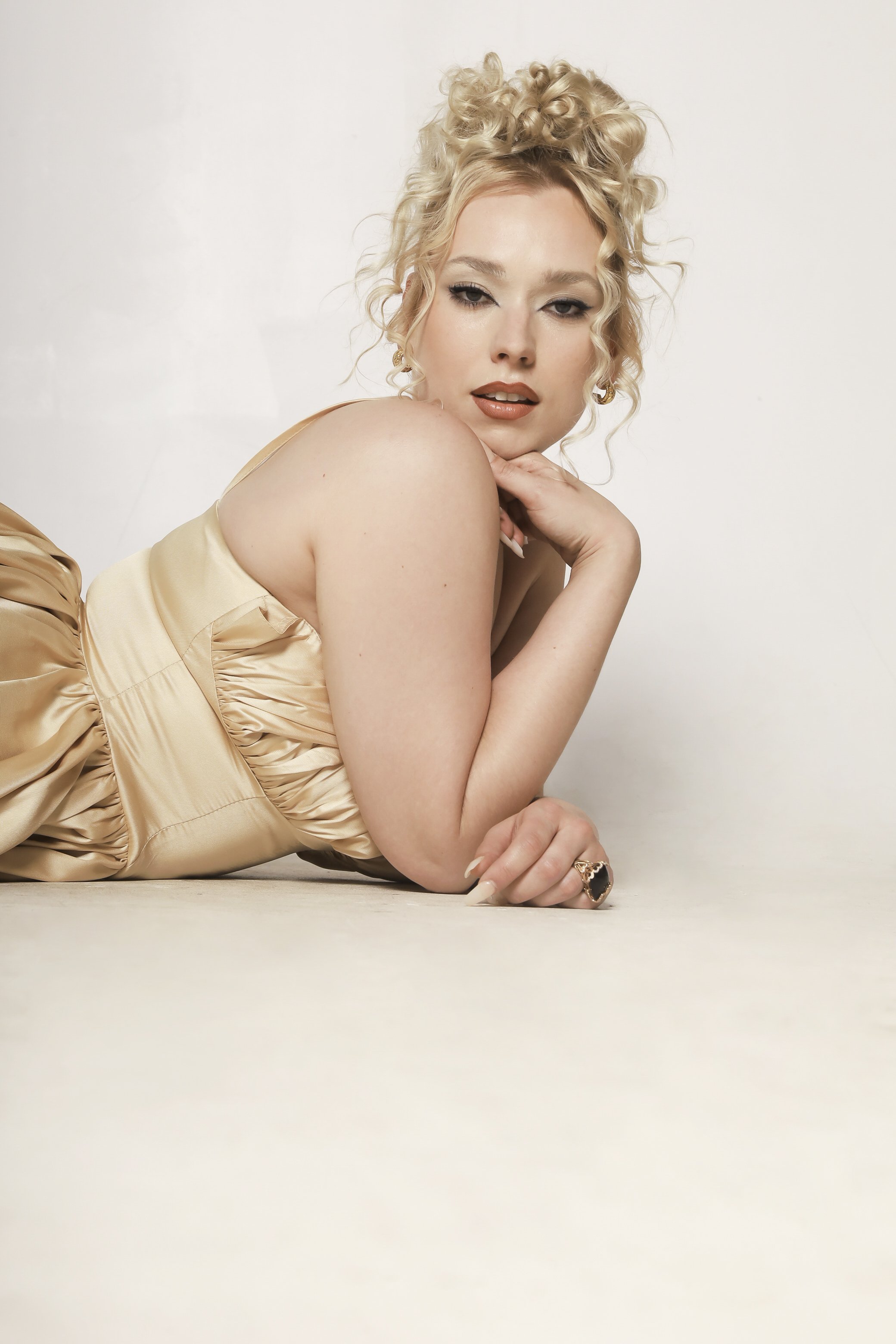
“I dealt with a lot of sexual trauma as a teenager, a few things happened at parties and creative circles that I was part of, and it totally sent me left. I was in therapy for a year trying to deal with possessive thoughts and nowadays when I project my body in sexual ways, no now can see how freeing that is for me.”
M: What changes would you like to see in the industry?
E: More black women in board rooms, more representation across all levels of industry, not just as performers or artists. I think in a lot of ways, we’re regressing a lot. Changes in the economy as of late have caused fear in a lot of people, and when economies struggle, minorities struggle the most. The idea of success no longer looks like what it used to.

